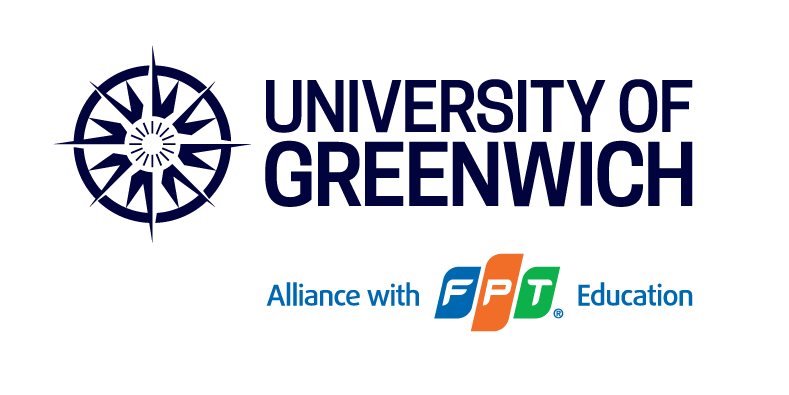1. Locate practice-based study in an intellectual framework and recognize the complementarity of theory and practice.
2. Writing skills (technical, creative) including editing, recognition of stylistic registers, understanding of genres, audiences and argumentation.
3. Descriptive, analytical and critical writing about topics in media, communications and their cultural context.
4. Research (gather, organise and evaluate a variety of materials).
5. Generate ideas, concepts, proposals, solutions or arguments independently and/or collaboratively in response to set briefs and/or as self-initiated activity.
6. Develop ideas through to outcomes, for example images, artefacts, environments, products, systems and processes, or texts.
7. Develop critical thinking and critical engagement.
8. Employ both convergent and divergent thinking in the processes of observation, investigation, speculative enquiry, visualisation and/or making.
9. Select, test and make appropriate use of materials, processes and environments.
Self-management – students will have the ability to:
1. Study independently, set goals, manage their own workloads and meet deadlines.
2. Anticipate and accommodate change, and work within contexts of ambiguity, uncertainty and unfamiliarity.
Group/team working and social skills:
3. Students will have the ability to interact effectively with others, for example through collaboration, collective endeavour and negotiation.
Skills in communication and presentation – students be able to:
4. Articulate ideas and information comprehensibly in visual, oral and written forms.
5. Present ideas and work to audiences in a range of situations.
6. Use the views of others in the development or enhancement of their work.
Design Making – students will develop skills in:
7. Image deconstruction.
8. Drawing ability is regarded as a prerequisite skill for observation, recording, analysis, speculation, development, visualisation, evaluation and communication.
9. Science of typography and use of typographic elements.
10. Aesthetics and philosophy of making.
11. Audio visual editing and development through various software and methodologies.
12. Experience Design (XD).
13. User Experience Design (UX) including web design interaction and communication through screen.
Portfolio Development– students will develop skills in:
14. Organising and categorising their work.
15. Archiving and display of their final projects in a form of a portfolio.
16. Develop a portfolio of works for future employment.
1. Recognition and use of theoretical concepts and abstractions
2. Research (gather, organise and evaluate a variety of materials)
3. Writing skills (technical, creative) (e.g., editing, recognition of stylistic registers, understanding of genre, audience, and argumentation)
4. Descriptive, analytical and critical visual making
5. Presentation (oral and visual)
6. Teamwork (effective, creative collaboration with others)
7. Task-based organisation (division of labour, allocation of responsibilities, deadlines, time-management)
8. Project management (plans, contingencies)
9. Ability to solve practical problems verbally and visually
Graduates in Graphic and Digital Design will have developed professional level skills in expression and communication through visual and plastic forms, enabling them to use visual languages to investigate, analyse, interpret, develop, and articulate ideas and information. Their work will be informed by the context of professional practice in their discipline(s), including: Design software using and design making through art and design practice; Typographic practice; Design thinking; Critical and contextual analysis through art and design industries as well as conceptual and ethical dimensions of the student’s discipline in particular and arts in general.
